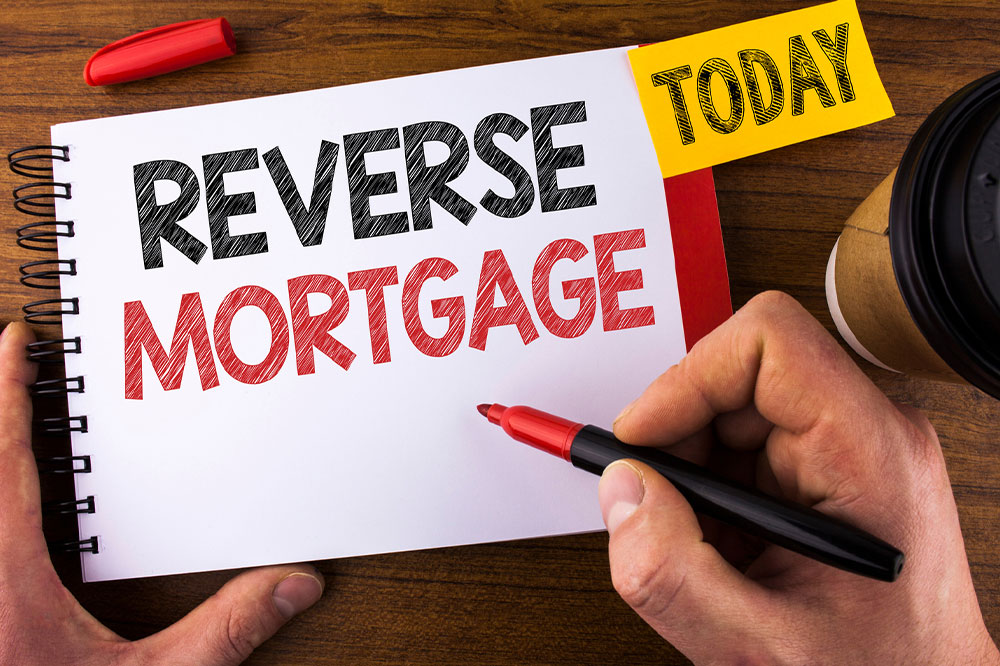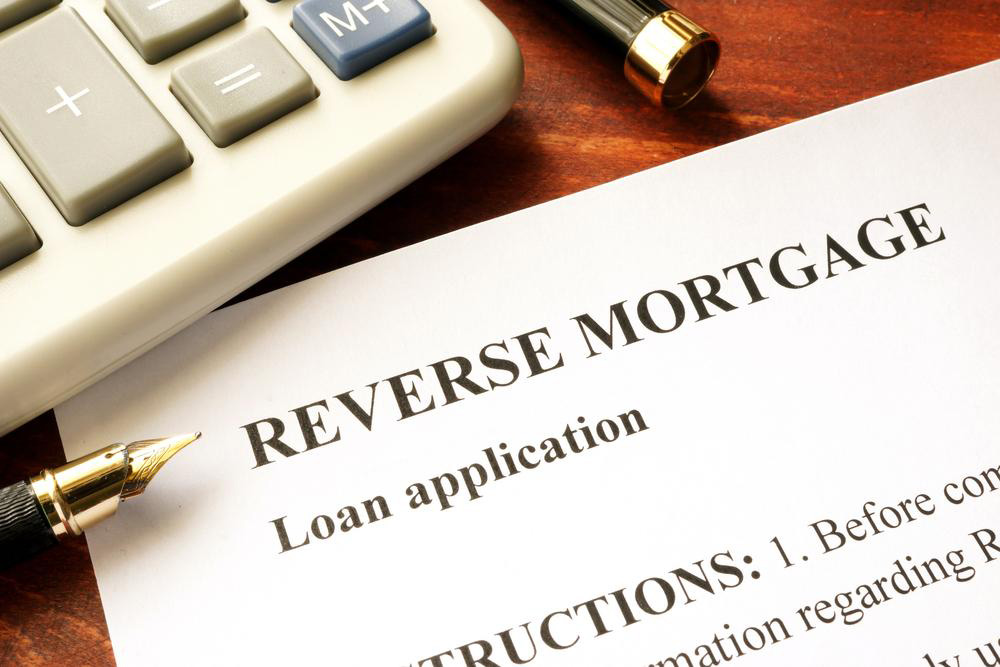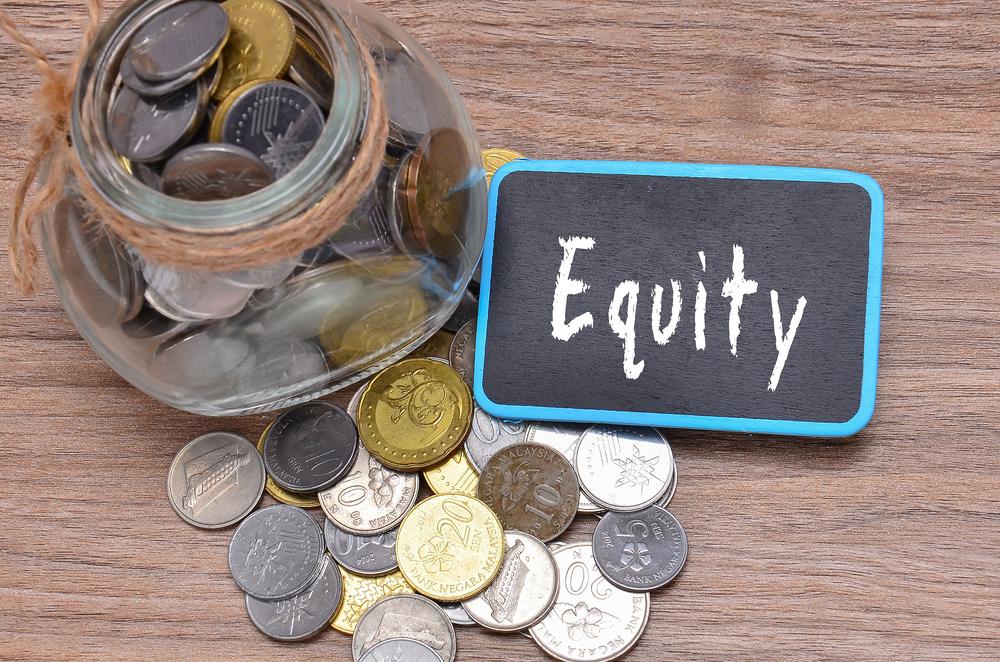Essential Factors to Evaluate Before Choosing a Cash-Out Refinance
Learn the crucial aspects to consider before opting for a cash-out refinance. This guide highlights eligibility requirements, benefits, and strategic tips to maximize your home’s equity while making informed financial decisions for future planning.

Important Considerations Before Opting for a Cash-Out Refinance
A cash-out refinance involves replacing your existing mortgage with a new loan, allowing you to pay off current debts and access additional funds through your home’s equity. This extra cash can be used for renovations, debt consolidation, or other expenses.
While some homeowners hesitate due to potential drawbacks, a cash-out refinance is advantageous if interest rates drop significantly. It's best suited for those planning to stay in their home long-term and who have sufficient home equity to qualify.
One key benefit of a substantial cash-out refinance is the opportunity for a shorter loan term with improved repayment options. Homeowners can reduce their mortgage payments, benefit from lower interest rates, and select a shorter repayment period. Additionally, it allows elimination of other co-borrowers and unlocking of home equity funds.
Qualification for a cash-out refinance depends on several factors, including your loan-to-value ratio (LTV), credit score, and property assessment. The LTV ratio—comparing your mortgage balance to your home's current value—is a crucial metric.
An LTV of around 80% is generally considered favorable for qualifying. A strong credit score can help secure better interest rates. The property's appraisal, which assesses its current market value, plays a significant role in determining eligibility and the amount of equity available. Preparing your home for inspection with minor repairs can positively impact the appraisal.
Overall, a cash-out refinance can be a smart long-term financial move, especially for funding home improvements or saving for a second property venture.









